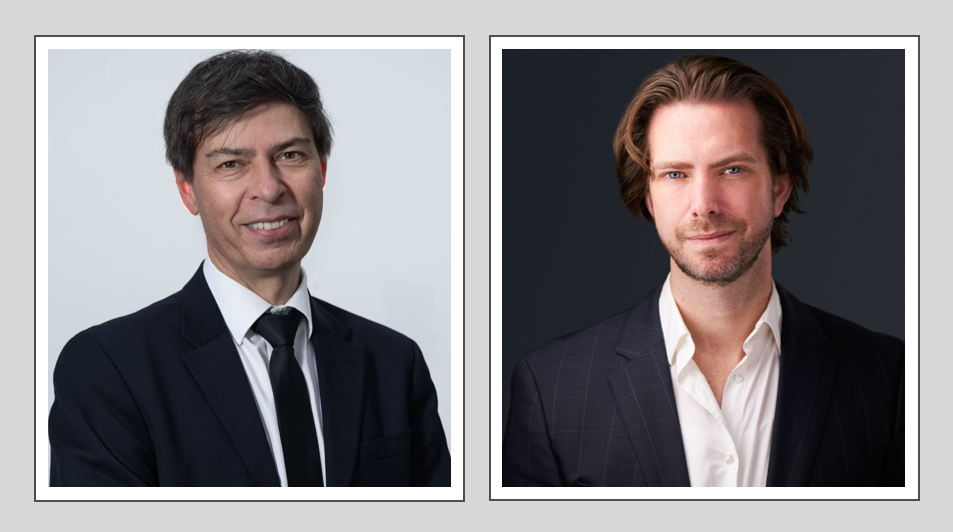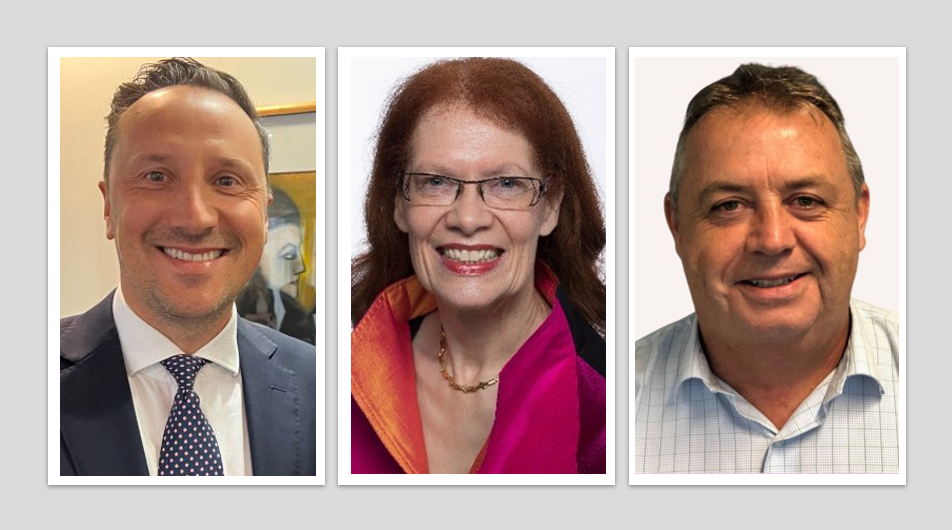Best Practice
The key to fulfilment: The world’s longest study says the answer may not be so obvious

What makes for a happy life? Findings from the the longest-running study of adult development reveals what factors lead to a “good life,” but also why it’s never too late to nudge our own lives in a happier, healthier direction.
“Contrary to what many people think, it’s not career achievement, exercise or a healthy diet. One thing continuously demonstrates its broad and enduring importance: Good relationships,” write the authors Robert Waldinger, Professor of Psychiatry at Harvard Medical School, and Marc Schulz, Professor of Psychology and Director of Data Science at Bryn Mawr College, in the book The Good Life: Lessons From the World’s Longest Scientific Study of Happiness.
Human connections are important for healthy development and longevity.
“People who are more connected to family, to friends, and to community, are happier and physically healthier than people who are less well connected,” they write.
It suggests a practical way to improve our lives – by nurturing our relationships, no matter how bad things are. But loneliness and disconnection seem to be rampant in society – in part, the authors suggest, because of a culture that pushes us toward going it alone and overachieving at the expense of our relationships. If we don’t understand what makes us happy, they argue, we may end up choosing unwisely – for example, pursuing high-salaried jobs that take us away from our communities.
“There are cultural practices and systemic factors causing significant amounts of inequity and emotional pain. But the capacity of relationships to affect our wellbeing and health is universal,” they write.
Given the importance of relationships in a good life, the authors spend much of the book outlining how we can take our social connections in a more positive direction – whether that’s at home, with friends, at work, or in our communities.
“The happiest and most satisfied adults [in midlife] were those who managed to turn the question ‘What can I do for myself?’ into ‘What can I do for the world beyond me?’” Knowing where you are in life may guide you in how to develop your social network – whether that’s zeroing in on family ties or volunteering in your community, the authors said.
When conflicts arise in relationships or when we’re just overwhelmed with other challenges in life, we may go on autopilot and withdraw from others or lash out at them.
“The key is to try to slow things down where you can, zoom in, and move from a fully automatic response to a more considered and purposeful response that aligns with who you are and what you are seeking to accomplish,” they write.
The book includes many more ideas of how to preserve or enhance relationships, offering hope that change can happen at any stage of life when we use the right tools.
“Think about someone, just one person, who is important to you. . .Think about what they mean to you, what they have done for you in your life. Where would you be without them? Who would you be? Now think about what you would thank them for if you thought you would never see them again. And at this moment—right now—turn to them. Call them. Tell them,” the authors suggest.
Human Resources

Medtronic HR Director deep dives into shifting workplaces and leadership trends: International HR Day
People & Culture: Coinciding with International HR Day, Karen Newell, Senior HR Director for ANZ at Medtronic, joined Health Industry […]
MoreNews & Trends - MedTech & Diagnostics

Aussie medtech reveals new data on next-gen pulsed field ablation system for atrial fibrillation
MedTech & Diagnostics News: An Australian-based medtech company announced promising results from the first-in-human study for its pulsed field ablation […]
MoreNews & Trends - MedTech & Diagnostics

Federal budget delivers ‘mixed news’ for radiologists
MedTech & Diagnostics News: The Royal College of Australian and New Zealand Radiologists (RANZCR) and the Interventional Radiology Society of […]
MoreNews & Trends - Pharmaceuticals

AstraZeneca, BMS and Noxopharm address findings of inquiry report into rare cancers
Pharma News: The Senate Community Affairs References Committee has released its inquiry report into Equitable access to diagnosis and treatment […]
More